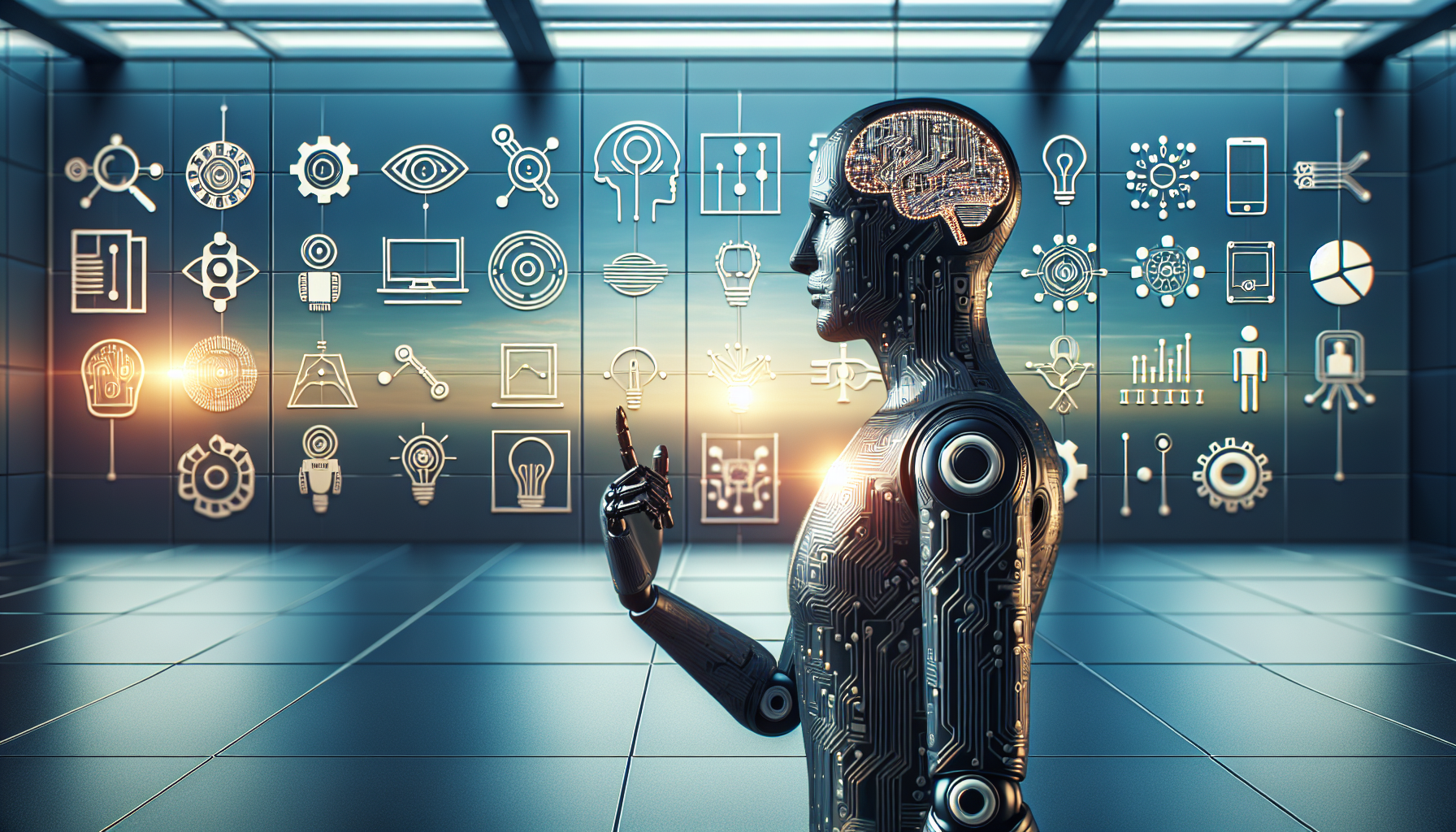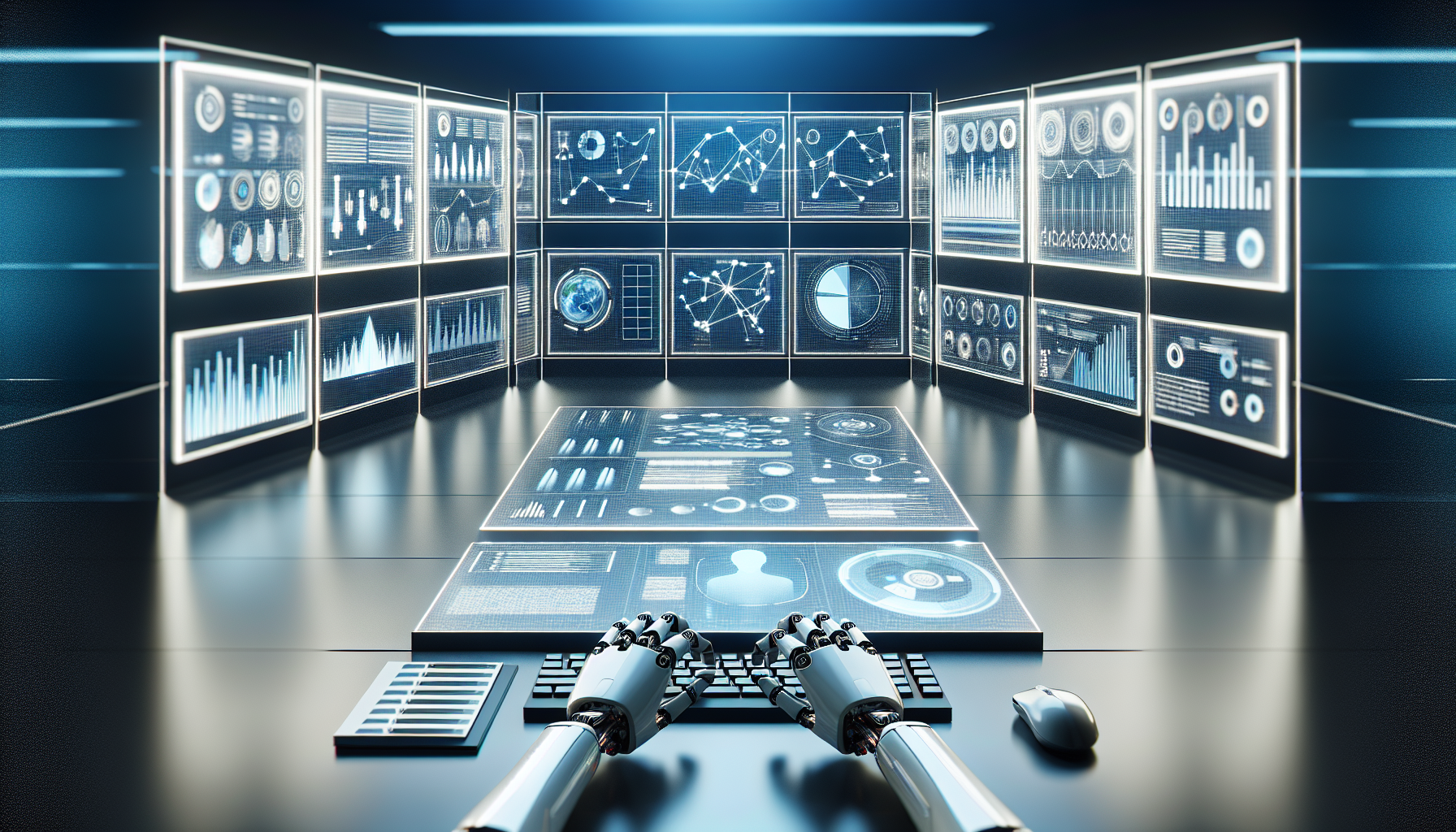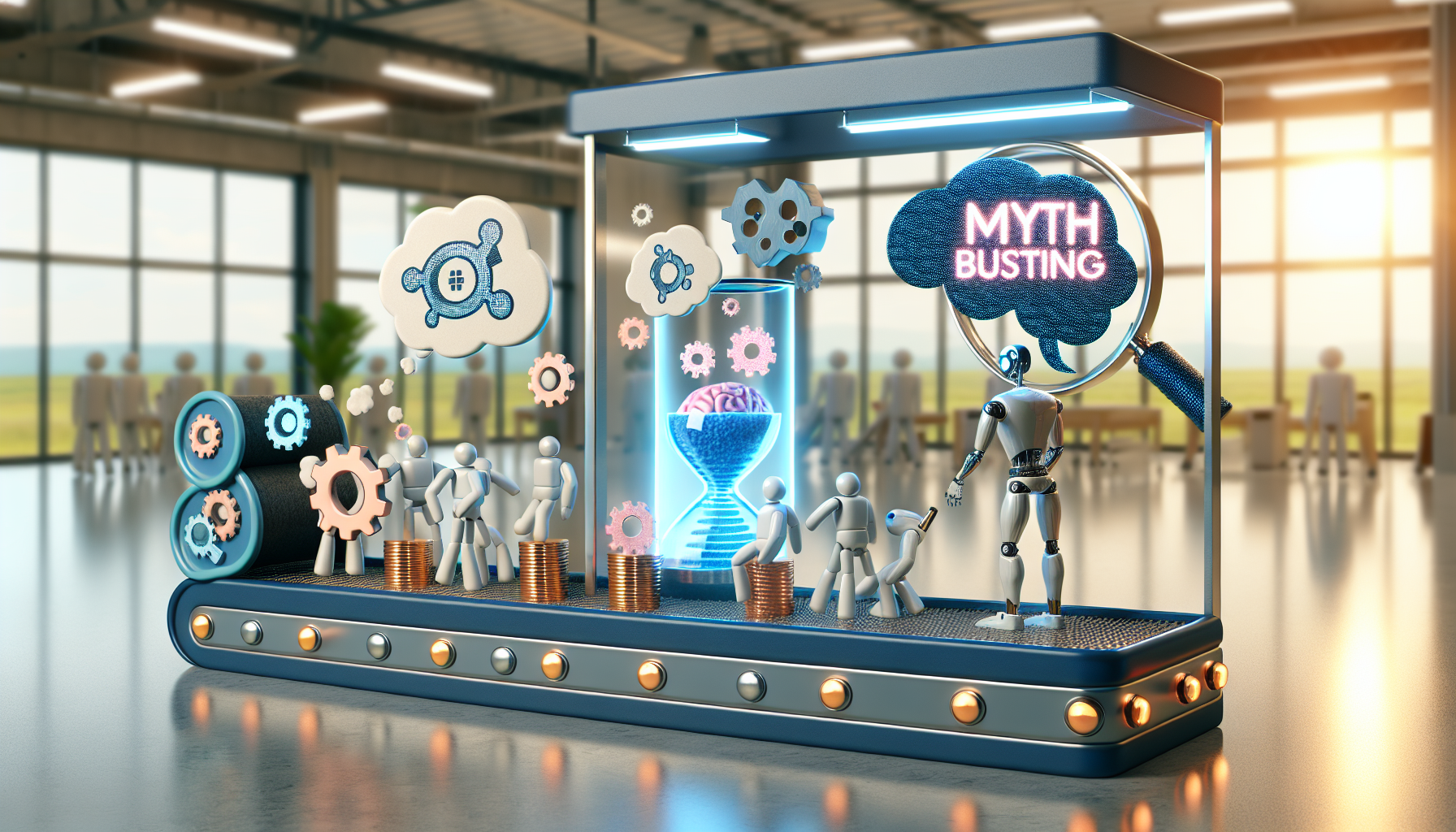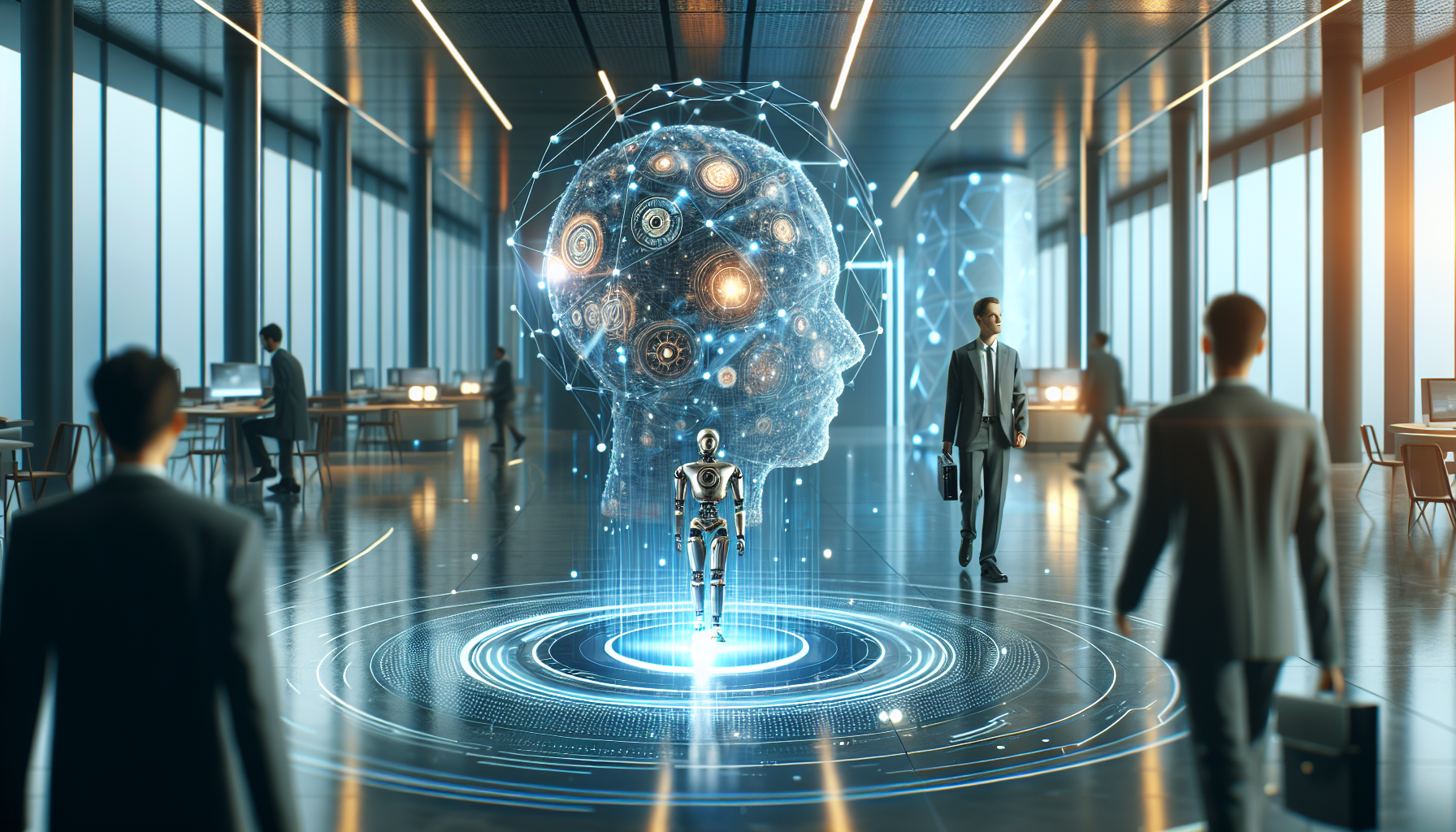
The Evolution of Artificial Intelligence: From Imagination to Everyday Reality
March 31, 2025
Let’s talk about artificial intelligence. I know, I know—AI is everywhere these days, from our phones and homes to our workspaces and cars. It feels like we've been thrust into a sci-fi movie where machines learn, adapt, and, dare I say, think? But AI isn’t as new as it might seem. Its roots actually stretch back to the imaginations of visionaries who dared to dream of machines with minds of their own. Today, as AI becomes more integrated into our daily lives, it’s worth taking a moment to reflect on how we got here and what the future might hold.
In the beginning, AI was more of a philosophical idea than a technological reality. Early thinkers pondered the nature of intelligence and whether it could be replicated artificially. Fast forward to when computer scientists began exploring how to translate these abstract concepts into real-world applications. The initial steps were cautious and simple, involving basic algorithms that performed specific tasks. Yet, even these modest beginnings sparked excitement and controversy.
What many find fascinating is that AI's journey from a concept to reality has been anything but linear. It’s been a rollercoaster of breakthroughs and setbacks, often driven by our understanding of the human brain. For instance, the development of neural networks was inspired by how we think neurons work in our own heads. These networks have become a cornerstone of modern AI, allowing systems to learn from vast amounts of data. It’s like giving a machine a pair of glasses to see the world in high definition.
And then there’s the unsung hero of AI's evolution: the exponential growth of computational power. Computers today are millions of times more powerful than those that first ran simple AI programs. This leap in processing capability has opened doors to possibilities once relegated to the realm of fiction. Tasks that seemed impossible—like understanding human language or recognizing faces—are now routine, thanks to AI.
But let’s not kid ourselves. AI isn’t perfect, and it’s not magic. It’s a complex collection of algorithms and data, and like any tool, it’s prone to flaws and biases. We’ve seen AI systems make headlines for all the wrong reasons—unintended discrimination, privacy concerns, and even ethical dilemmas that challenge our societal norms. These issues are real and significant, and they remind us that with great power comes great responsibility. It’s crucial to keep questioning and refining AI to ensure it reflects our best intentions rather than our worst fears.
One of the most intriguing aspects of AI’s evolution is its impact on the workforce. Automation has undoubtedly changed the job landscape, and while some fear job losses, others argue that AI augments human abilities, allowing us to focus on more creative and meaningful work. The truth likely lies somewhere in between, but what’s certain is that AI requires us to rethink how we prepare for the jobs of tomorrow. Adaptability and lifelong learning are no longer optional—they’re essential.
Now, let’s address the elephant in the room: the future of AI. Will it lead to a utopia where machines handle mundane tasks, freeing us to pursue our passions? Or will it usher in an era of surveillance and control, where every move is tracked and analyzed? The answer depends largely on how we choose to develop and regulate AI. It’s a societal choice, not just a technological one.
AI’s journey from concept to reality is a testament to human ingenuity and our insatiable curiosity. As we stand on the brink of even more astonishing advancements, the question isn't just about what AI can do for us, but what we want it to do. Will we use this powerful tool to solve pressing global issues like climate change and healthcare, or will we let it perpetuate the status quo?
In pondering the future of AI, we must ask ourselves: How can we ensure that this creation of ours enhances human life rather than diminishes it? The answer lies not just in the hands of technologists, but in the collective wisdom and values of society as a whole. As we continue to weave AI into the fabric of our lives, let’s keep the conversation going. After all, the story of AI is just beginning, and it’s up to us to write the next chapter.


